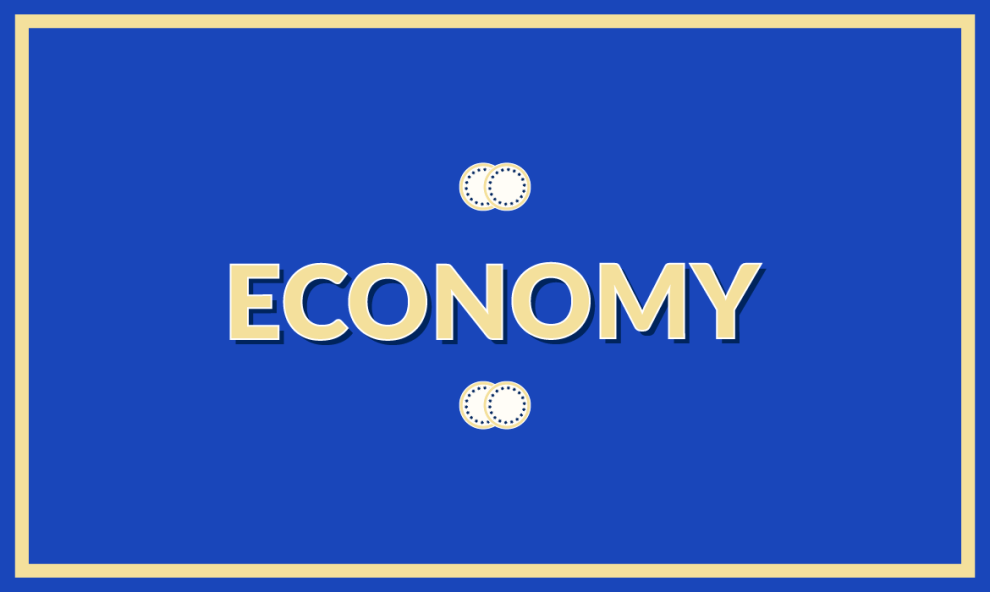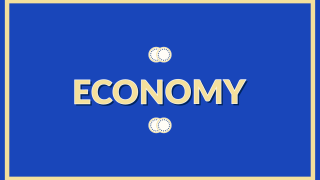Mexico’s political and cultural tradition tends to hold in contempt one of the pillars of Western development. Property, that anchor of development first addressed, in philosophical terms, by John Locke, is much more transcendental than what we usually recognize. Certainty regarding the property that a person possesses determines his or her willingness to save and invest, on which depends, in the last analysis, the rate of growth of the economy as well as of incomes: that is, property comprises an essential element of the human condition.
Two anecdotes assimilated over the years have compelled me to reflect upon this a great deal. The first of these is somewhat pedestrian but highly revelatory: a businessman was tired of the repairs that he frequently had to make on his business’s two delivery vans, which included new tires every so often, brakes, bumps and the rest. Desperate about the rising costs, he decided to change his way of relating to his delivery personnel. The entrepreneur repaired the vans, leaving them impeccable, changing motors, tires and everything relevant. He sold them to his delivery persons and negotiated a service contract with them by means of which the new couriers committed to delivering his products on a timely basis and under the conditions required. The corollary to this story is that the vans, now under the care of their new owners, no longer required frequent servicing and the former employees became entrepreneurs themselves, now couriers of products for various companies. As the saying goes, the eye of the master fattens the horse.
Once theirs, the vans stopped being another’s problem and became an opportunity for the new entrepreneurs. That’s the magic of property. It’s also the reason that houses inhabited by their owners are likely to be in much better condition than rented ones or because the automobile owner washes and takes care of the car, while it would not occur to anyone take a rented vehicle to a carwash. This principle, evident at the individual level, is equally valid for the most ambitious projects. It’s also the factor that might eventually be decisive in the success or failure of the energy reform, at least in its direct investment facet, in contrast to contracts or associations with Pemex. If we really want investors disposed to risking billions of dollars, we will require a property regime that doesn’t admit the least doubt.
The other anecdote is found at the conclusion of an article by Hernando de Soto, the Peruvian economist-philosopher, which he wrote in the nineties: “When I was growing up in Peru, I was told that the farms I visited were owned by farming communities and not the individual farmers. Yet as I walked from field to field, a different dog would bark. The dogs were ignorant of the prevailing law: all they know was which land their master controlled. In the next 150 years those nations whose laws recognize what the dogs already know will be ones who enjoy the benefits of a modern market economy”. With the constitutional changes that took place in the nineties part of what de Soto says was solved, but they did not attack the heart of the problem, which transcends common lands (the ejido) and rural property in general.
The contradiction prevailing in our culture and legal framework is much more profound than it seems. In contrast to rural property, urban property has never laid claim to being communal. However, the legal protections that exist for that property are not much more solid. In Mexico it is much easier to have property expropriated than in other latitudes, conflicts occur frequently regarding who is the proprietor of what, and there is a cultural element that tends to disparage existing property. That is, there is no popular or political recognition of the transcendence (and cost) that those misgivings entail: insofar as there is no assuredness, what happened with the vans comes into play: no one commits because everyone knows that, sooner or later, there can be a de jure or de facto expropriation. The problem proliferates with the phenomenon of extortion and abduction that, in a “technical sense” is no more that crime against the property and security of persons and their belongings.
Of course, property rights are not a panacea and, in a society with such great differences of poverty and wealth, it is explainable that many think that one thing accounts for the other: that if there weren’t property and its concentration, there wouldn’t be poverty. The paradox is that those who suffer most from weak property rights are precisely those who are most in need of them. The informal economy illustrates this better than anything else: it can be a prosperous business and one with growth potential (food-stand franchises come to mind), but that necessitates credit and that’s impossible to obtain as long as the property of the business is not recognized. In reality, informality is evidence of the problem: poor protection of property rights makes it easy to move into informality because it’s the same thing, because there’s nothing to lose.
As Richard Stroup writes: “Very simply, property rights hold people responsible. When people treat property negligently or carelessly, its value decreases. When they treat it with care, its value increases”. Nothing the new van owners don’t now know: all those who acquire property suddenly recognize its transcendence. Mexico needs to generalize that opportunity.






Comments